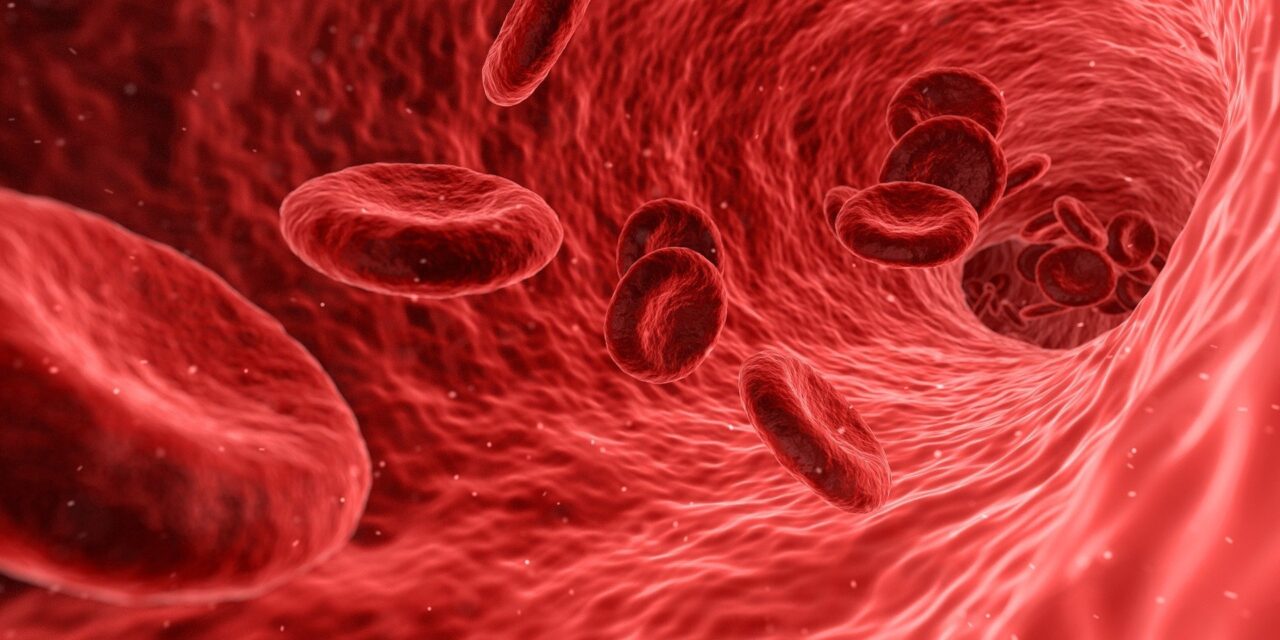New Delhi: A groundbreaking study has revealed that air pollution and vitamin B12 deficiency are significant contributors to the rising anaemia rates in India, challenging the long-held assumption that iron deficiency is the sole culprit.
Published in the European Journal of Clinical Nutrition, the research, conducted by the ‘Vitamin B12 India Study’ and ICMR-NIN, analyzed blood samples from 4,613 individuals across eight Indian states. The findings suggest that iron deficiency-related anaemia accounts for less than a third of all anaemia cases, indicating a need for a revised approach to anaemia prevention and treatment.
Traditional methods of assessing anaemia in India, primarily through capillary blood tests as part of the National Family Health Surveys (NFHS), may have overestimated the prevalence of iron deficiency anaemia, the study found. Venous blood tests, considered more accurate, revealed lower anaemia rates compared to NFHS-5 data.
“These findings underscore the crucial role of factors beyond iron deficiency, such as vitamin B12 deficiency and environmental pollutants, in the development of anaemia,” said [Quote from a researcher involved in the study]. “This necessitates a shift in our understanding and a more nuanced approach to tackling this public health challenge.”
The study observed anaemia prevalence of 41.1% in women, 44.3% in teenage girls, and 20.7% in adult men, significantly lower than the rates reported by NFHS-5.
This research has significant implications for public health policy. It calls for a re-evaluation of current anaemia prevention programs, which primarily focus on iron supplementation. The study emphasizes the need for interventions that address multiple factors, including:
- Improving dietary intake of vitamin B12: This could involve promoting the consumption of animal-based foods or exploring alternative sources of vitamin B12.
- Mitigating air pollution: Implementing measures to reduce air pollution levels, such as improving air quality standards and promoting cleaner energy sources.
- Raising awareness: Educating the public about the diverse causes of anaemia and the importance of a balanced diet.
The study’s findings highlight the complexity of anaemia and the need for a multi-pronged approach to effectively address this public health issue in India. Further research is needed to fully understand the interplay between these factors and to develop effective and targeted interventions.












